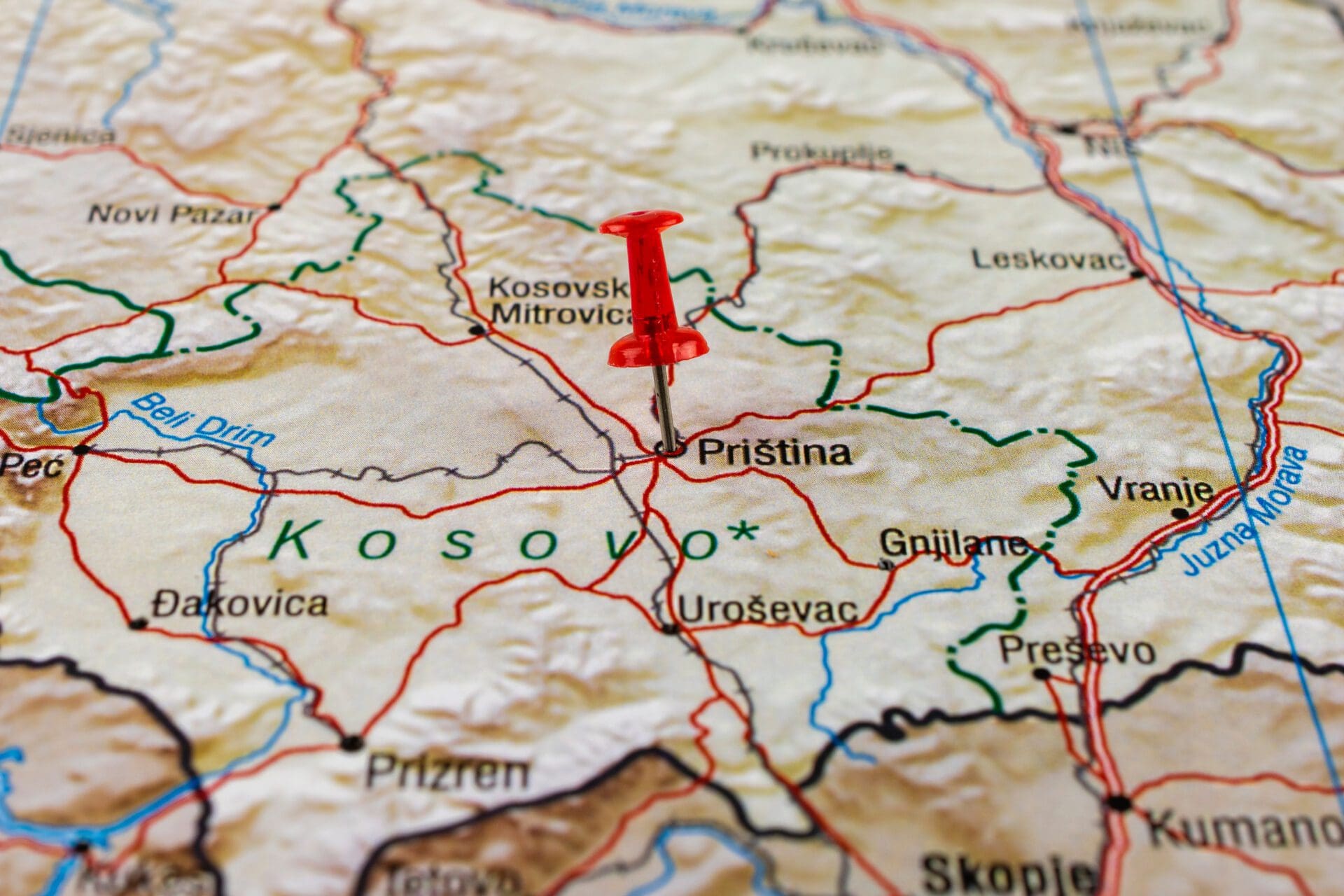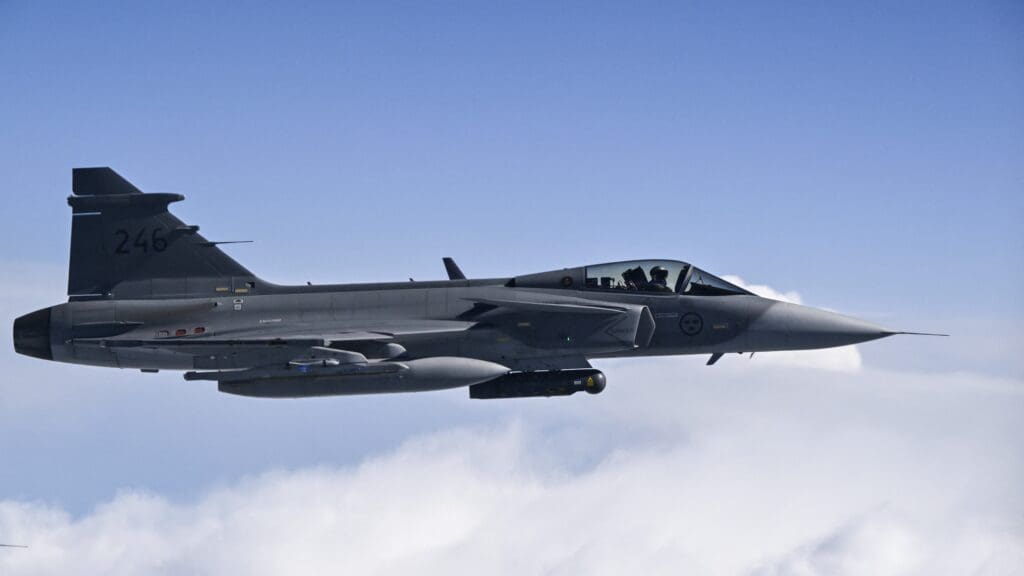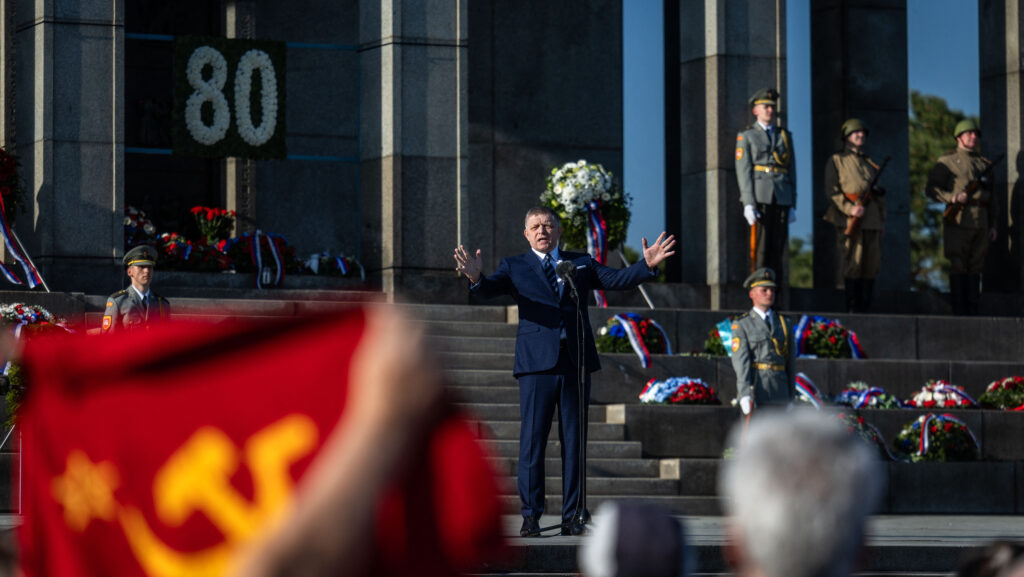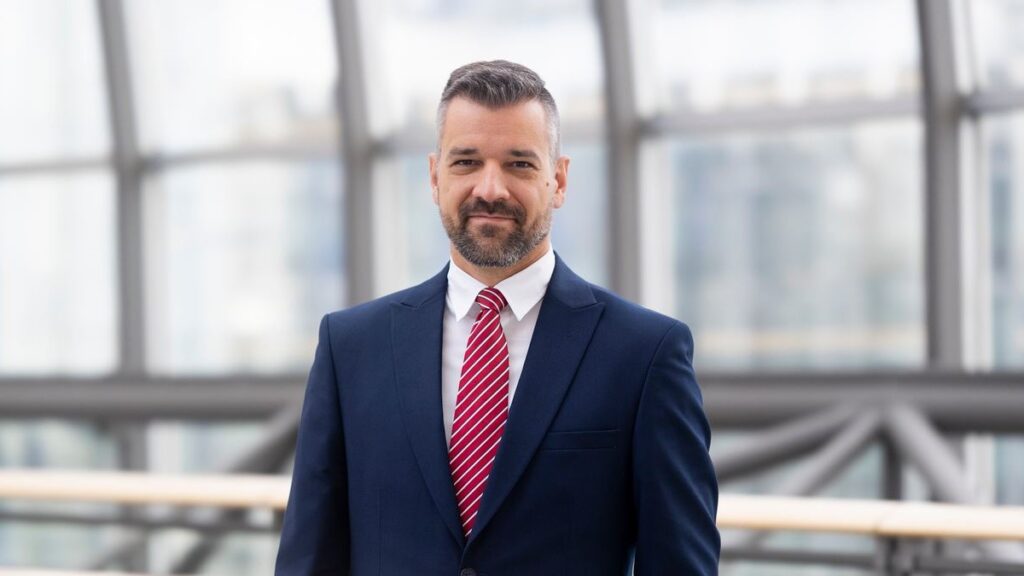In mid-August there were border clashes at the Serbia-Kosovo border over the use of Serbia-issued licence plates in Kosovo. Kosovo pledged to mandate the use of Kosovo issued car number plates for the country’s Serbian minority that still uses plates issued decades earlier by Serbia. While the implementation of the mandate (and the introduction of fines for non-compliance) has been postponed several times already, since early November Kosovo started to take action to re-register cars with Serbian number plates. The move has been met with serious resistance from ethnic Serbs who form the largest ethnic minority in the country and make up around 4–5 per cent of the country’s population.
Despite the EU’s mediation, the car number plate dispute between Serbia and Kosovo is still unresolved. As time passes by without an agreement, the EU has warned of the growing possibility of violence erupting in the country.
The fine Kosovo is about to introduce as a next step to eliminate Serbian plates is set at 150 EUR.
The step-by-step re-registration of Serbian car number plates is also expected to involve the disqualification from driving of persistent offenders. The total ban on Serbian car number plates is scheduled to be rolled out in April 2023. Pristina insists on phasing out Serbian plates because they were issued before the country gained independence and are therefore invalid according to the Kosovar authorities. There are around 50,000 ethnic Serbs in Northern Kosovo who are affected by the decision and who continue to refuse to change their plates. In response to Kosovo’s decision ethnic Serbian police officers have been resigning en masse to protest Pristina’s move, being unwilling to fine fellow ethnic Serbs. The wave of resignations has now expanded to other professions as well, such as judges and other civil servants. Altogether around 600 police officers have resigned which led to a shortage of law enforcement officers. To fill in for the missing manpower, now European police officers (mostly Polish and Italian) are patrolling the border between Kosovo and Serbia, but with no authority to make arrests or impose fines.
The recent talks between representatives of the two countries held in Brussels aiming to resolve the car number plate dispute lasted for more than eight hours—but they proved fruitless. As tension rise due to both sides’ unwillingness to reach a compromise, the Serbian President, Aleksandar Vucic warned of the possibility of violence if Pristina tries to enforce the fines. Kosovo’s Prime Minister, Albin Kurti blamed the EU for the failure to reach an agreement with Serbia as well as for focusing solely on this particular dispute, instead of trying to address the deeper reasons for the tensions between the two countries. EU officials have claimed that the deal was not accepted by Kosovo, albeit Serbia agreed not to issue new or renew existing plates for Serbians living in Kosovo. Eventually, just hours before the fines were about to be issued as of 7 a.m. on Tuesday, 22 November, Prime Minister Kurti agreed to postpone the measure by 48 hours, a deadline that expires in the morning on Thursday, November 24.
Currently there are around 3,700 NATO peacekeepers in Kosovo, including Hungarian troops.
NATO chief Jens Stoltenberg called for the resolution of the conflict in a peaceful manner. In the first round of negotiations (a couple of months ago, following some border tensions) the Serbian President and the Kosovar Prime Minister both met with Jens Stoltenberg, but that meeting failed to produce results. Earlier, NATO also pledged to increase the number of peacekeeping forces in the region if needed. Kosovo gained independence from Yugoslavia following the 1999 Kosovo war in which NATO intervened to stop the ethnic cleansing committed by Serbian forces against Albanians, the majority ethnic group in Kosovo. The country declared its independence in 2008 with the support of the US and the UK. By now, most UN member states recognize the independence of Kosovo, but not Belgrade that still views Kosovo as its province. We have written in more detail about the renewed licence plate feud in an earlier article.








